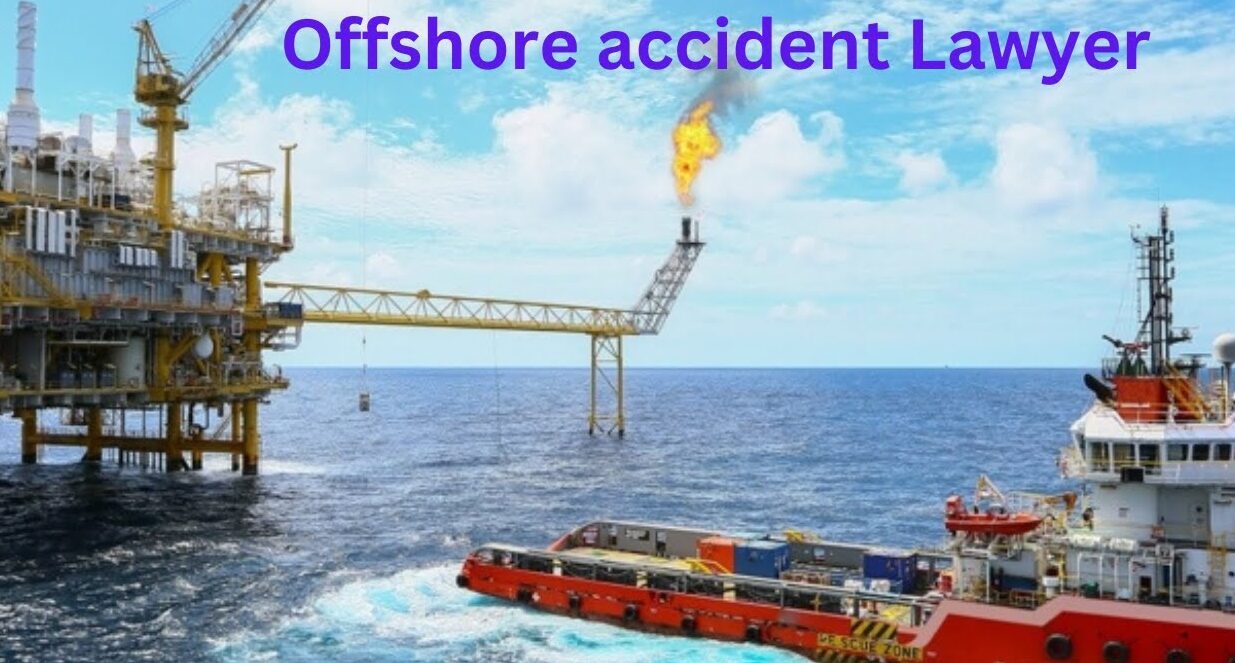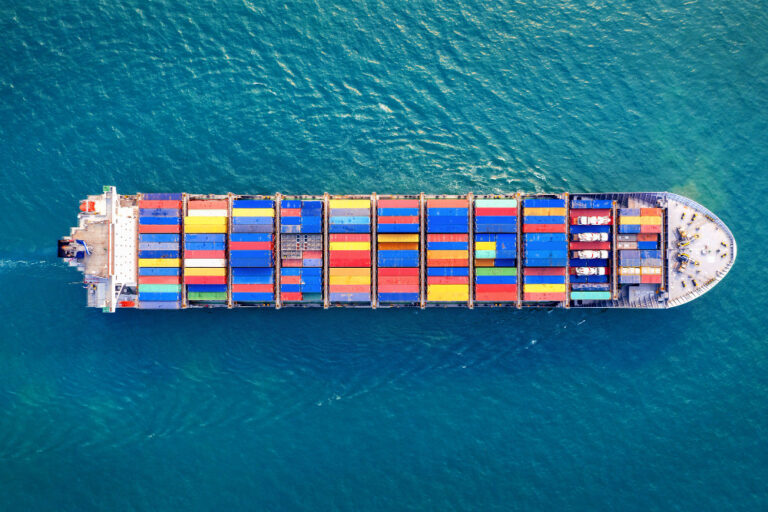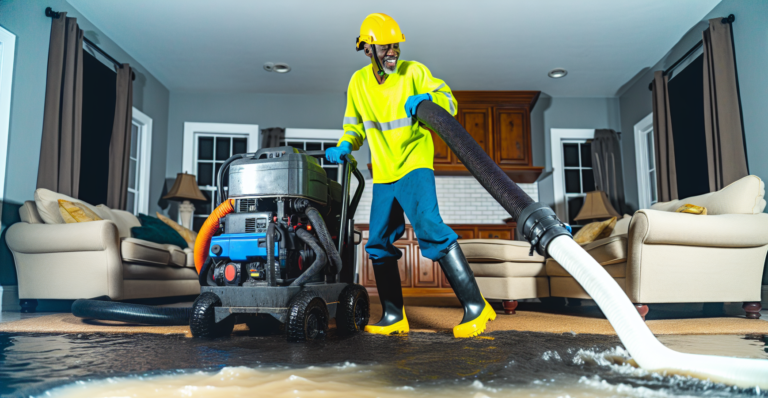Navigating the Rough Waters: Your Guide to Finding the Right Offshore Accident Lawyer
Introduction
Accidents are unfortunate events that can happen anywhere, but when they occur offshore, the consequences can be particularly severe. Offshore accidents involve unique circumstances that often require specialized legal expertise to navigate. This is where an offshore accident lawyer comes into play. These legal professionals are crucial in helping injured workers secure the compensation they deserve. So, why exactly are offshore accidents different, and why do you need a specialized lawyer? Let’s dive into the details.
Understanding Offshore Accidents
Definition and Types of Offshore Accidents
Offshore accidents encompass any incidents that occur on or near the water, including oil rigs, ships, and other maritime environments. Common types include oil rig explosions, ship collisions, falls overboard, and equipment malfunctions. Each of these accidents can result in serious injuries or even fatalities.
Common Causes of Offshore Accidents
Many factors contribute to offshore accidents, such as poor weather conditions, human error, equipment failure, and inadequate safety measures. The nature of the work itself, which often involves heavy machinery and hazardous materials, further increases the risk.
Impact of Offshore Accidents on Workers
The aftermath of an offshore accident can be devastating. Injuries sustained can range from minor cuts and bruises to severe burns, broken bones, and even traumatic brain injuries. Besides physical harm, victims often face emotional and financial stress due to medical bills and lost wages.
Legal Framework for Offshore Accidents
Maritime Laws and Regulations
Maritime law, also known as admiralty law, governs legal disputes that occur on navigable waters. This complex field includes various statutes and conventions designed to protect maritime workers.
The Jones Act
The Jones Act is a federal law that provides protection for seamen who are injured on the job. It allows them to seek compensation from their employers for negligence that led to their injuries.
The Longshore and Harbor Workers’ Compensation Act (LHWCA)
The LHWCA offers compensation to maritime workers who are not covered by the Jones Act, such as dock workers and harbor construction workers. It provides benefits for medical treatment and lost wages.
General Maritime Law
General maritime law covers a wide range of issues, including personal injury claims, maintenance and cure (a form of compensation for injured seamen), and wrongful death claims.
Why You Need an Offshore Accident Lawyer
Complexities of Maritime Law
Maritime law is notoriously complex and differs significantly from standard workers’ compensation laws. An offshore accident lawyer has the expertise to navigate these complexities and ensure that you receive the compensation you deserve.
Navigating Legal Claims and Compensation
From gathering evidence to negotiating with insurance companies, an offshore accident lawyer handles all aspects of your legal claim. Their goal is to secure the maximum possible compensation for your injuries and losses.
Expertise in Handling Offshore Accident Cases
Offshore accident lawyers specialize in this niche field and have extensive experience dealing with cases similar to yours. This expertise is crucial in building a strong case and achieving a favorable outcome.
Qualities of a Good Offshore Accident Lawyer
Experience in Maritime Law
When selecting an offshore accident lawyer, experience is key. Look for a lawyer who has a proven track record in handling maritime injury cases.
Successful Case History
A good lawyer should have a history of successful case outcomes. This indicates their ability to effectively represent clients and secure favorable settlements or verdicts.
Strong Negotiation Skills
Negotiation is a critical aspect of securing compensation. A skilled offshore accident lawyer knows how to negotiate with insurance companies and opposing counsel to ensure you receive a fair settlement.
Compassion and Dedication to Clients
Dealing with an injury is stressful, and having a compassionate lawyer who genuinely cares about your well-being can make a significant difference. Look for someone who is dedicated to your case and responsive to your needs.
Steps to Take After an Offshore Accident
Seek Immediate Medical Attention
Your health and safety should be your top priority. Seek medical attention immediately, even if your injuries seem minor at first.
Report the Accident to Your Employer
Notify your employer about the accident as soon as possible. This step is crucial for both your health and your legal claim.
Document the Incident
Gather as much information as you can about the accident. This includes taking photos, collecting witness statements, and noting any details that might be relevant.
Contact an Offshore Accident Lawyer
The sooner you get in touch with an offshore accident lawyer, the better. They can guide you through the legal process and help you avoid any pitfalls.
Investigating Offshore Accidents
Gathering Evidence
Your lawyer will help you gather all necessary evidence to support your claim. This includes accident reports, medical records, and any other relevant documentation.
Witness Statements
Witnesses can provide crucial testimony that supports your account of the accident. Your lawyer will identify and interview these witnesses to build a strong case.
Expert Testimonies
In some cases, expert testimonies are necessary to establish the cause of the accident and the extent of your injuries. Your lawyer will work with experts who can provide these critical insights.
Filing a Claim
Steps Involved in Filing a Claim
Filing a claim involves several steps, including submitting documentation, negotiating with insurance companies, and possibly going to trial. Your lawyer will guide you through each step to ensure your claim is properly handled.
Deadlines and Statutes of Limitations
It’s important to be aware of the deadlines for filing a claim, known as statutes of limitations. Missing these deadlines can jeopardize your ability to receive compensation.
Documentation Required
Having the right documentation is crucial for your claim. This includes medical records, accident reports, and any other evidence that supports your case.
Types of Compensation Available
Medical Expenses
You can seek compensation for all medical expenses related to your injury, including hospital bills, medication, and ongoing treatment.
Lost Wages
If your injury prevents you from working, you can claim compensation for lost wages. This includes both past and future income.
Pain and Suffering
Compensation for pain and suffering addresses the physical and emotional distress caused by your injury.
Rehabilitation Costs
If you require rehabilitation or physical therapy, these costs can also be included in your compensation claim.
Challenges in Offshore Accident Cases
Proving Negligence
One of the biggest challenges in offshore accident cases is proving negligence. Your lawyer must demonstrate that your employer’s actions (or lack thereof) directly caused your injury.
Dealing with Insurance Companies
Insurance companies often try to minimize payouts. An experienced lawyer knows how to handle these negotiations and ensure you receive fair compensation.
Jurisdictional Issues
Offshore accidents often involve complex jurisdictional issues. A knowledgeable lawyer can navigate these challenges and determine the appropriate venue for your case.
Case Studies
Real-Life Examples of Offshore Accident Cases
Examining real-life cases can provide valuable insights into how offshore accident claims are handled. For example, the Deepwater Horizon explosion resulted in significant legal battles and substantial compensation for victims.
Lessons Learned from These Cases
These cases highlight the importance of thorough investigation, expert testimonies, and the need for specialized legal expertise in maritime law.
Conclusion
Navigating the aftermath of an offshore accident can be overwhelming. However, with the right legal support, you can secure the compensation you deserve and focus on your recovery. Offshore accident lawyers have the expertise and dedication to guide you through this challenging process, ensuring your rights are protected every step of the way.
Frequently Asked Questions About Offshore Accidents
What Should I Do Immediately After an Offshore Accident?
Seek medical attention, report the incident to your employer, document the accident, and contact an offshore accident lawyer as soon as possible.
How Much Does It Cost to Hire an Offshore Accident Lawyer?
Many offshore accident lawyers work on a contingency fee basis, meaning they only get paid if you win your case. This allows you to pursue your claim without upfront costs.
Can I File a Claim if I Am Partially at Fault?
Yes, you can still file a claim even if you are partially at fault. Your compensation may be reduced based on your level of fault, but you are still entitled to seek damages.
What Is the Average Settlement for Offshore Accident Cases?
Settlement amounts vary widely depending on the specifics of the case. Factors include the severity of the injury, the extent of negligence, and the impact on your ability to work.
How Long Does It Take to Resolve an Offshore Accident Claim?
The duration of a claim can vary, but many cases are resolved within a year. More complex cases or those that go to trial may take longer.







